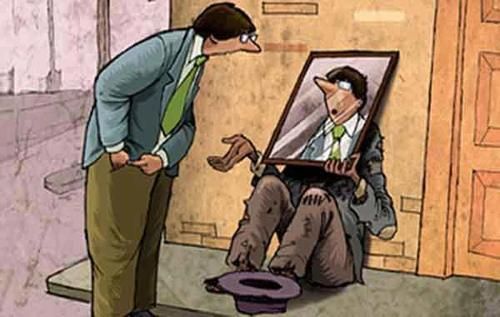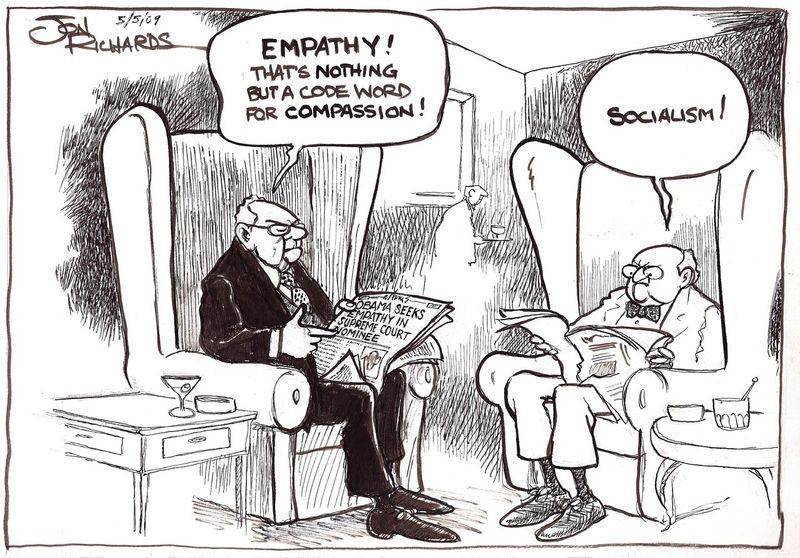Notorious tiger mom and law professor Amy Chua wrote recently on the drivers of success. Particularly interesting is the seemingly paradoxical interplay between a superiority complex and a perpetual sense of insecurity. The former underlies and induces the latter, creating a constant need to prove oneself and live up to the belief in one's greatness.
As is the case whenever psychology is transposed onto socio-cultural phenomena, Chua's account is problematically simplistic and may not actually be accurate at all. But at least on the level of the individual, there's some truth in the magic of that interplay. Nevertheless, there's a caveat—it's a double-edged sword that can cut you as much as it can help you cut a path to success.
The motivation that the interplay between a superiority complex and the sense of insecurity evokes is indeed quite strong. But it can also induce despair and a subsequent retreat from a challenge in order to avoid the cognitive dissonance that might occur in the event of failure. In other words, rather than be proven not as superior as you believe yourself to be, you might prefer to avoid difficult things.
And that's not yet accounting for its effects on happiness. Last year, a study showed that social media use is correlated with lower levels of happiness, as users compare the positive images of other people's lives that they see with their own invariably imperfect lives. I imagine a similar problem also applies here: While success and hard work do induce happiness, the constant feeling of inadequacy that often results from comparing oneself to others in trying to maintain the belief in one's superiority would undoubtedly have a negative impact on one's happiness.
So, ultimately, the question is, is it worth it? Would you trade happiness for success? Or is it the case that, recalling J.S. Mill's distinction between happiness and contentment, success brings the ultimate happiness that can overcome the perpetual pain felt during the journey?
These are not questions that neat, simplistic recipes for success can answer.






